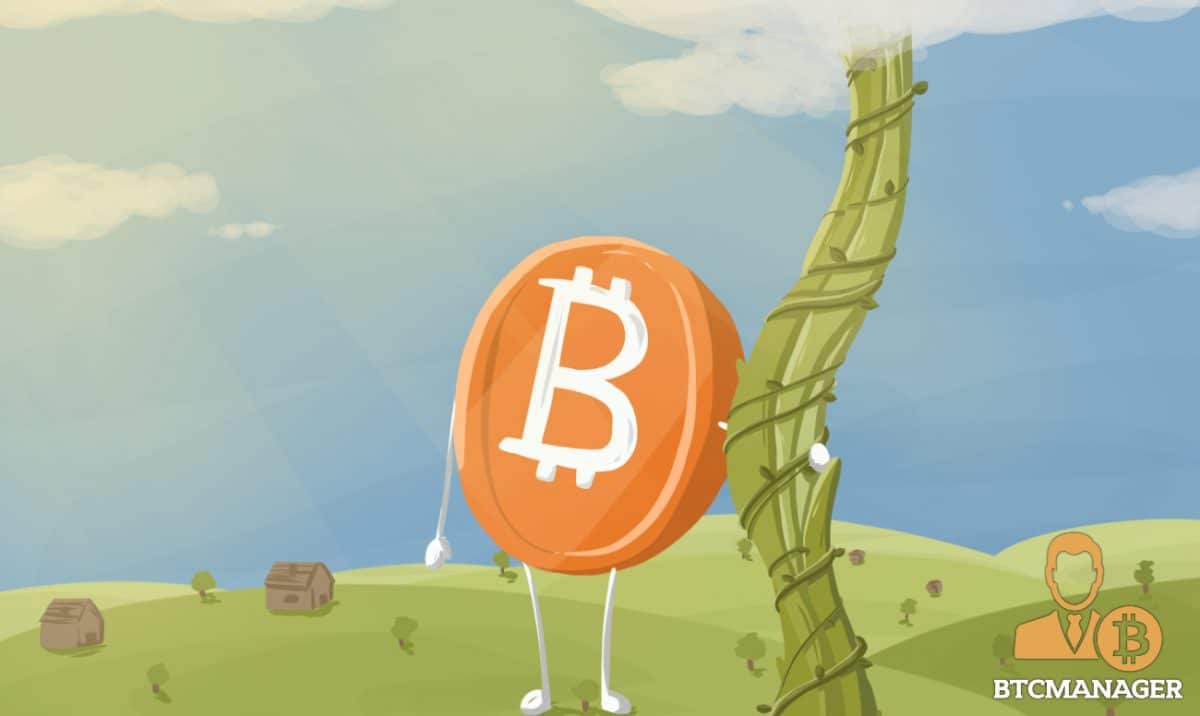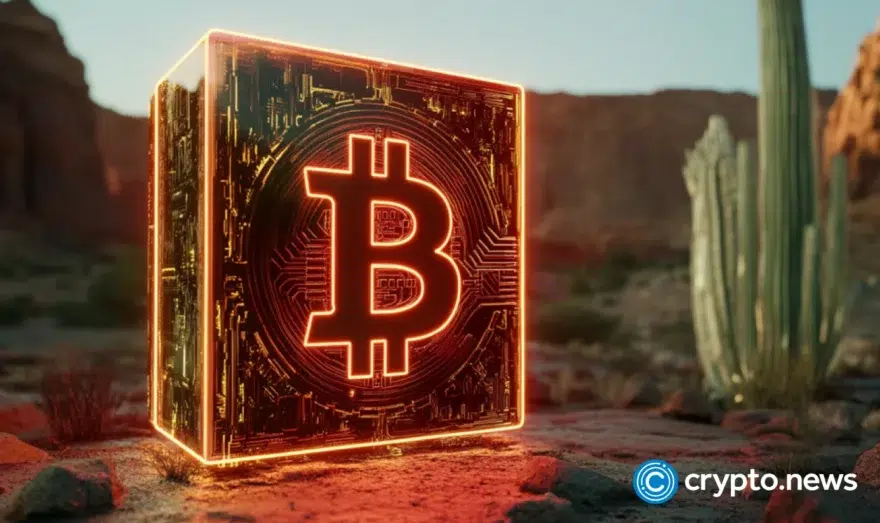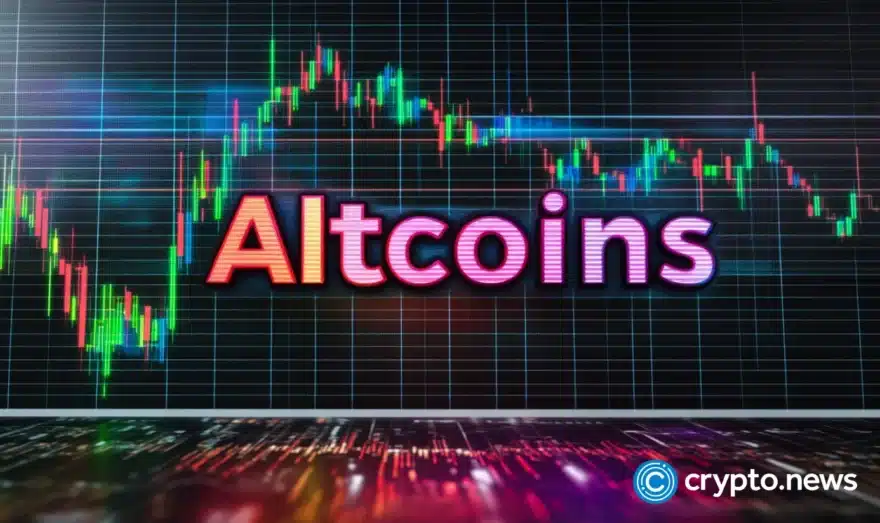The Cruel Uncertainty of Bitcoin’s Rise

Despite the massive high above $11,000 for the price of bitcoin this week, there is still much that remains to be seen in the world of cryptocurrency. As the investment process is democratized and the barrier of entry lowered, many novice investors are neglecting a critical piece of information. Accredited investors, may be doing the same, but for many different reasons.
Taking Apart an Unusual Technology
The sheer fact that cryptocurrencies can generate so much money from speculation alone puts certain investors on edge. The volatility of such a new market, the millionaires seemingly born overnight, and the lack of regulation is naturally suspect. Some have even concluded that the aspects above of the cryptocurrency are evidence of its impending crash.
Fortunately, bitcoin’s impact on the entire economy is relatively small and would measure as a blip. The New York Stock Exchange, for example, has an approximate $21 trillion market capitalization. So, for good or for worse, we have not yet moved to a total replacement of traditional currencies, and may never make this leap.
Still, there is money to be had and lost for both accredited and non-accredited investors.
But questions remain for both parties about the true potential, or lack thereof, of bitcoin and its counterparts. One of the most divisive being how closely the Bitcoin community wants to perfect founder Satoshi Nakamoto’s dream of a peer-to-peer electronic cash system.
Sifting Through Information
No matter your philosophical stance on the currency or whether you have experience investing in this market of almost pure speculation, there are still heaps of information to digest. The research aspect is made all the more difficult when sifting through censorship ridden subreddits and dissecting clumsy whitepapers.
The fact that this burgeoning market is based on equally new technology also keeps people from treating cryptocurrencies like stocks or bonds. ICOs are making money on unexperienced crypto-users and savvy investors alike.
The difficulty of finding a strong bet, however, should not prevent you from taking that bet off the table. Even if it is near impossible to determine if crypto is going to replace traditional currencies, you can still follow regulation information on crypto derivatives and margin trading.
Bitcoin futures are going to be offered by the Chicago Mercantile Exchange and, more recently, JP Morgan announced plans to get in on the action. These two monolith financial institutions should attract more regulation and more formal guidelines for trading cryptocurrencies.
This sort of attention is a double-edged blade, however.
On the one end, the rise of cryptocurrencies is fulfilling the communities wishes to decentralize our financial network. It was created as an excellent tool of morality in light of the stock market crash in 2008. Thus, regulation and the induction of major financial institutions to the market naturally run against these wishes.
On the other hand, this will spell the end of shady ICOs and the illegal activity only made possible through crypto exchanges. Secondly, the sale and purchase of unregistered weapons, for instance, is much easier when using an anonymous currency.
It should be noted that bitcoin’s dark web affiliations are already a smaller percentage of what is possible with the cryptocurrency.
Nagging Problems for Cryptocurrency
Hacking, fraud, and sheer technical difficulties are another major problem for centralized exchanges. It is for this reason that common advice warns investors to keep funds safe in cold storage or a hardware wallet. The events of Mt. Gox, Bithumb more recently, and other major exchanges are only fractions of what is now a possible bounty for hackers.
And if bitcoin intends to topple the monopoly held by financial institutions, it is consuming massive amounts of energy in doing so. Data indicates that the process of mining bitcoin consumes more energy than many developed countries. As an auxiliary point, these miners also hold a lot of power in the community.
In a well-balanced call to shut down cryptocurrencies, journalist Karen Webster of PYMNTS.com explained that “Miners now expect a fee for their work and won’t process transactions for which they are not paid. That means that those costs are passed down the ecosystem to end users.” This, plus the overarching questions of scalability, make bitcoin a particularly slow and expensive means of exchange.
Rising and Falling Expectations
The conclusion from all this is that no matter how people inflate the echo chamber and consequently the price of a cryptocurrency, there is still loads of uncertainty. Experts and non-specialists alike are stacking and dropping massive amounts of bitcoin. In a way, this signals an open season and poses problems for companies like JPMorgan and co.
It also signals a young market in the midst of maturation and still weeding out the bad seeds. To what extent this weeding out will change the market, only time will tell, and few hypotheses can be trusted.














